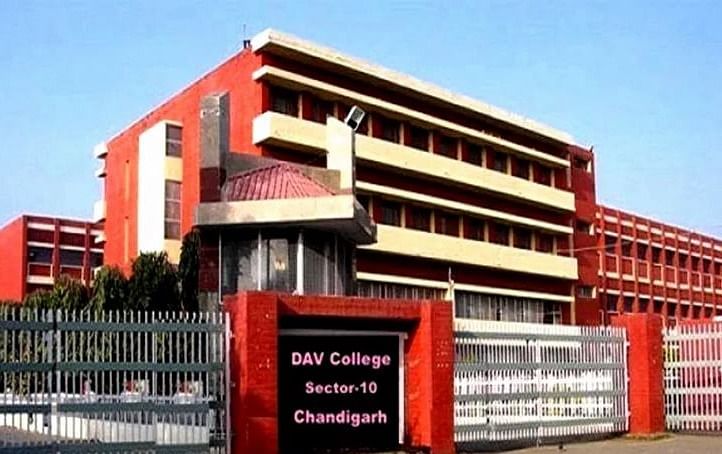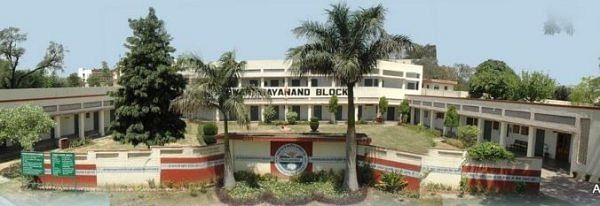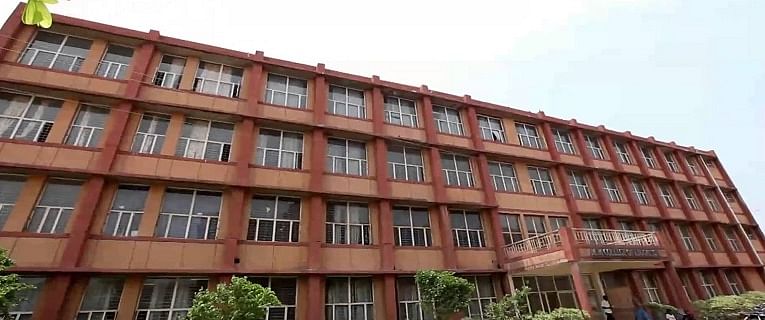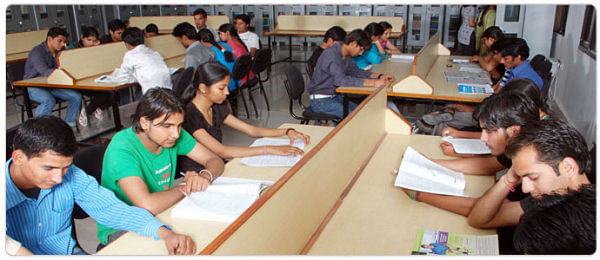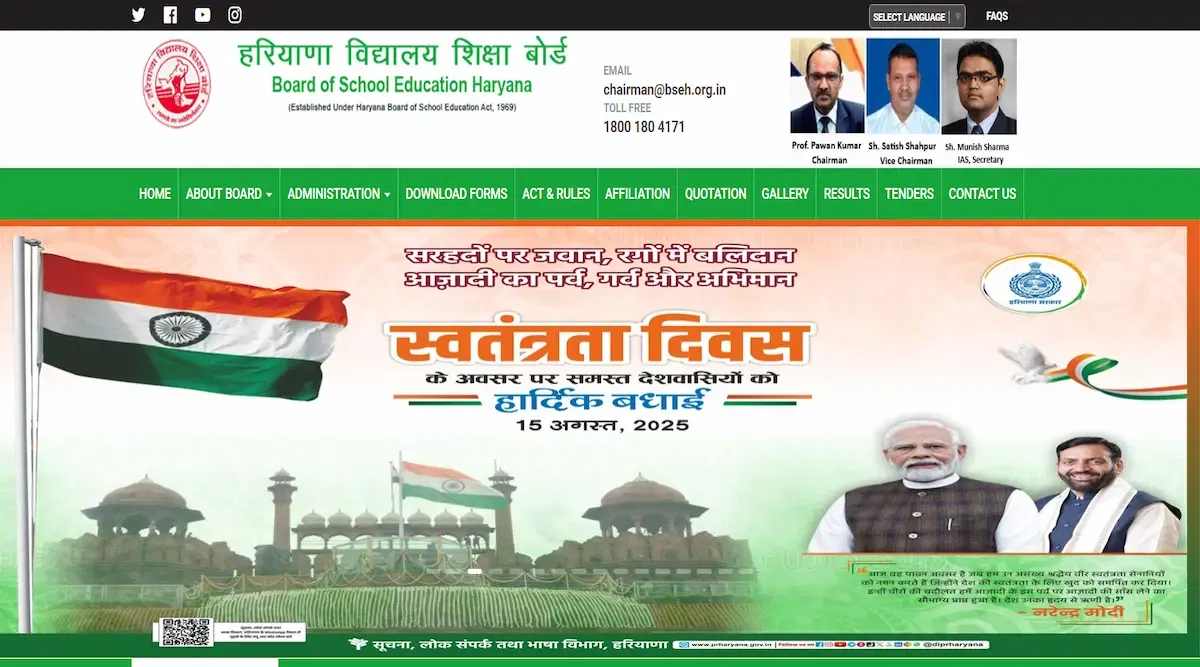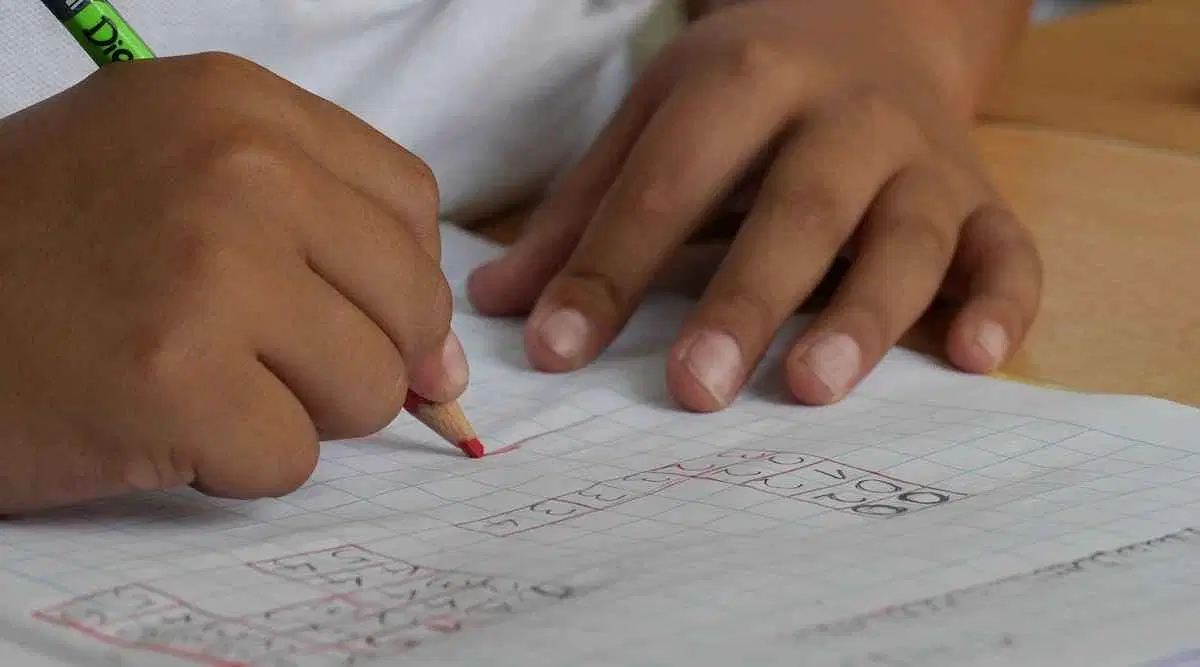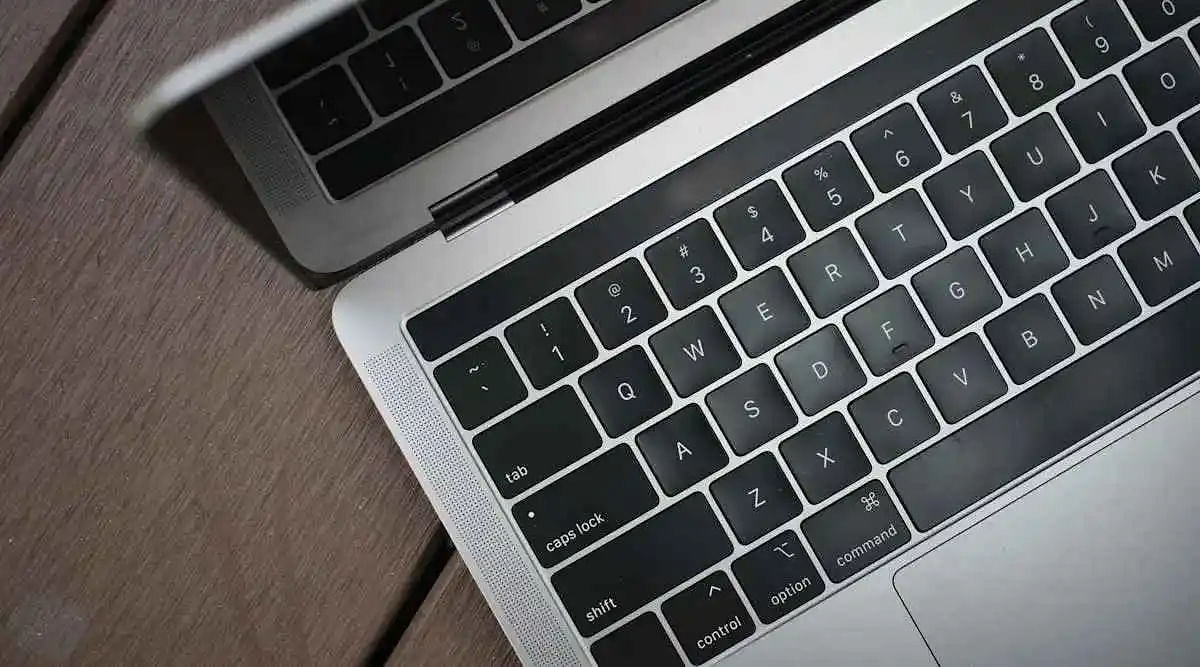HBSE Class 10th Passing Marks: Check Subject-Wise Weightage
Table of Contents
Haryana Board of School Education (HBSE) is responsible for conducting the annual examination for Class 10th in Haryana. HBSE, also known as the Board of School Education Haryana (BSEH) follows a grading system according to which a student’s performance is graded and marked. To pass, the student must secure at least 33% marks in each subject, including both practical and theory components.
HBSE Class 10th Subject-Wise Passing Marks
As per HBSE, to clear the examination, students are required to achieve the minimum stated marks in each subject. The following table provides the complete details about the subject name, full marks, and passing marks of each subject.
|
Subject Name |
Full Marks |
Passing Marks |
|
English |
100 |
33 |
|
Hindi |
100 |
33 |
|
Mathematics |
100 |
33 |
|
Science |
100 |
33 |
|
Social Science |
100 |
33 |
|
Physical Education |
100 |
33 |
|
Sanskrit/Other Languages |
100 |
33 |
HBSE Class 10th Passing Marks For Theory
For each subject in the HBSE Class 10th examination, passing marks come up to 33% which includes both, practical and theoretical components. The following table outlines the minimum marks required in the theory papers.
|
Subject Name |
Full Marks (Theory) |
Passing Marks (Theory) |
|
English |
80 |
26 |
|
Hindi |
80 |
26 |
|
Mathematics |
80 |
26 |
|
Science |
80 |
26 |
|
Social Science |
80 |
26 |
|
Sanskrit/Other Languages |
80 |
26 |
HBSE Class 10th Passing Marks for Practicals
For subjects like science, physical education, and other technical subjects, practical exams are important to be conducted. Students need to score at least 33% in practicals to clear the exam. The following table depicts full marks and the passing marks associated with the practical subjects. Few subjects require internal assessment, practical projects, or just viva to contribute to the final practical marks
|
Subject Name |
Full Marks (Practical) |
Passing Marks (Practical) |
|
Physical Education |
20 |
7 |
|
Science |
20 |
7 |
HBSE Class 10th Grading System
HBSE follows a comprehensive grading system where the total marks including theory and practical together, contribute to the final grade. Grades are provided by associating with the range of marks scored. The weightage of theory and practical is 80 marks and 20 marks, respectively.
The HBSE grading system consists of a 9-point grading system where ‘A1’ is the highest and ‘E’ is the lowest. Also, the minimum grade at which a certificate can be assured after completion of the exam is D1. Anyone who scores below ‘D1’ will be considered failed.
|
Marks |
Grade |
|
91-100 |
A1 |
|
81-90 |
A2 |
|
71-80 |
B1 |
|
61-70 |
B2 |
|
51-60 |
C1 |
|
41-50 |
C2 |
|
33-40 |
D1 |
|
21-32 |
D2 |
|
0-20 |
E |
Tips To Score Above HBSE Class 10th Passing Marks
Tips to score well consist of dedicated efforts towards each subject otherwise these tips will be of no value and will not lead to success. It does not only require learning but also a strategic action plan for the successful completion of the examination. These tips do not guarantee success but will contribute to the improvement of the result if followed consciously.
English: Students should read the chapter well and should know the story in and out. Also, a poem should be read properly by understanding the meaning of every important word and important metaphor. Creative expression should be the focus when practicing essay and letter writing. Creativity can add excitement to the writeups leading to better scores.
Mathematics: Do not memorize the formulas but understand them creatively. For example, if we have to calculate the volume of a cylinder then, rather than learning the formula, draw a cylinder. A cylinder has circular bases so if we fill the cylinder with 2D circles up to height = h then, the volume comes out to be Πr 2 × h.
Hindi: Associate Hindi grammar with real-life scenarios to make it easy to remember. Also, focus on the stories and practice answer writing as it will increase the speed of writing the language.
Science: Science is not a rote learning subject but an experiment in itself. Understand science by conducting real-life experiments. The experiments should be simple and should be done just to understand the topic, not fun. Notice things like evaporation, rainfall, etc. Biology can be understood by drawing the diagrams as much as possible.
Science Practical: For science practical, the best way to score well is to practice in labs regularly to understand experimenting and also read the theory after completion of the experiment to set the learnings in your mind.
Social Science: Create timelines for historical events and use mind maps for geography. Relating real political scenarios with that of the books and political science would become a piece of cake.
Physical Education: Physical education involves observing different sports and activities as to how they are conducted. Real-life knowledge, when related to theories in the book will lead to better retention.


